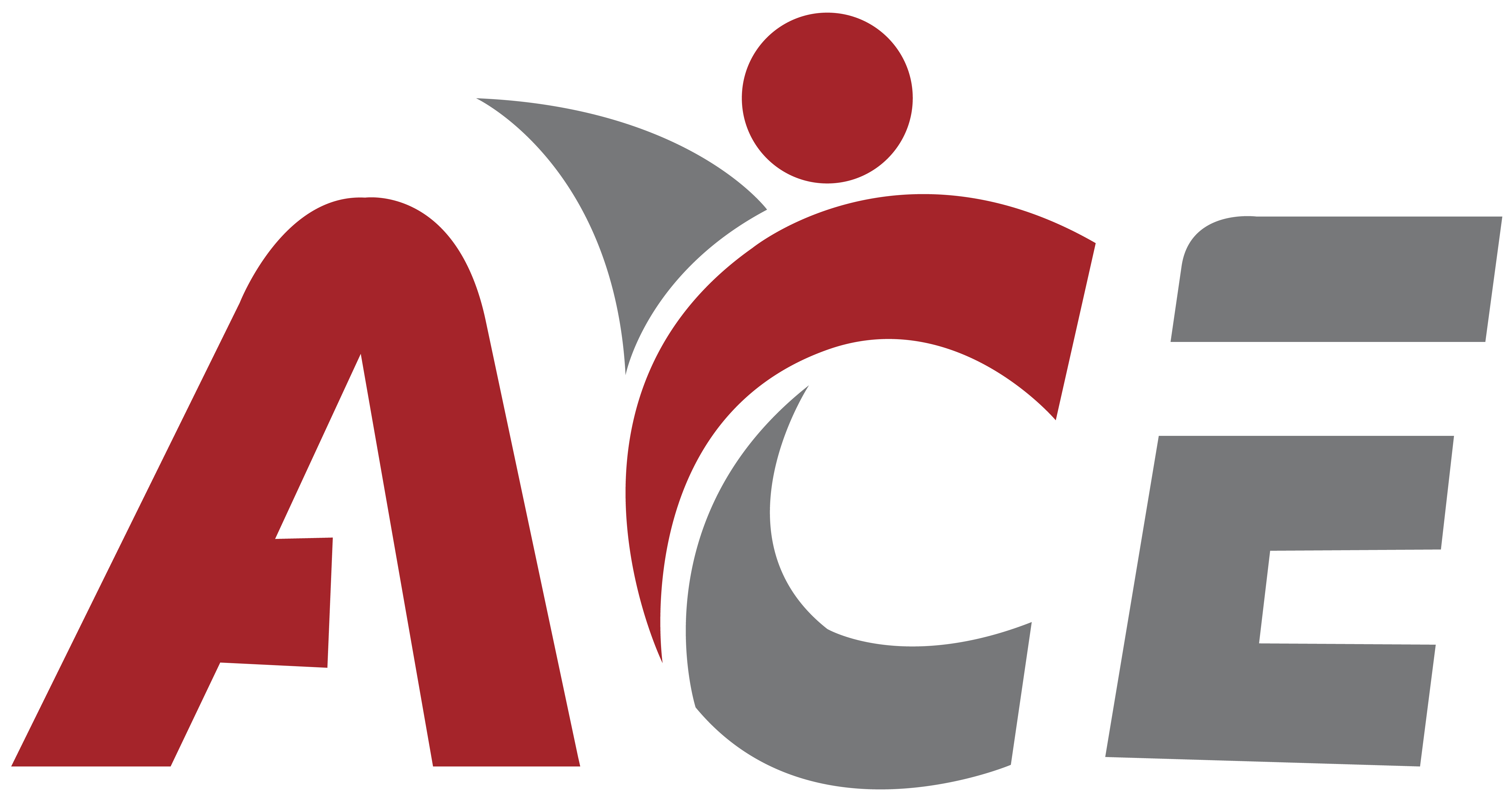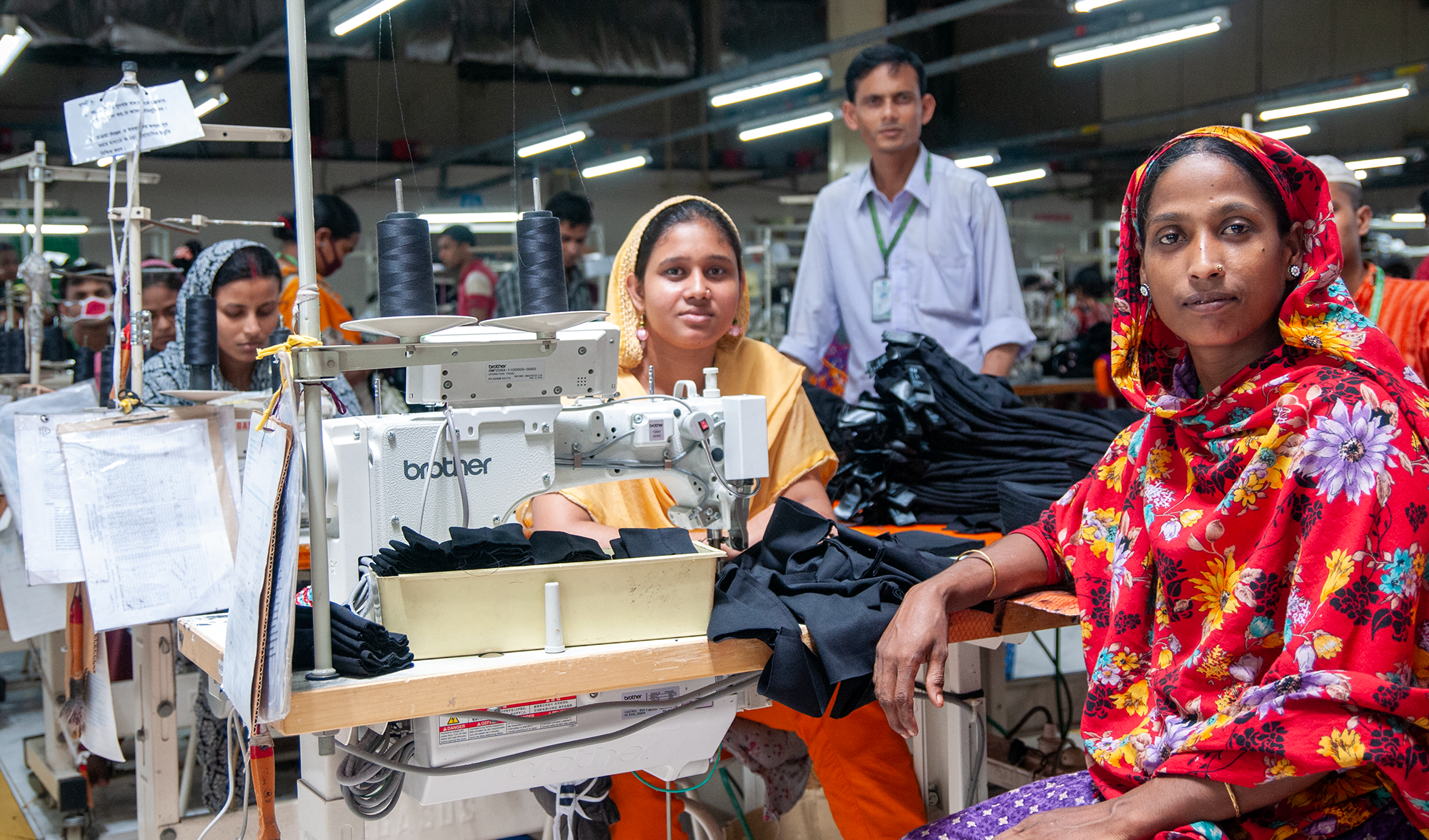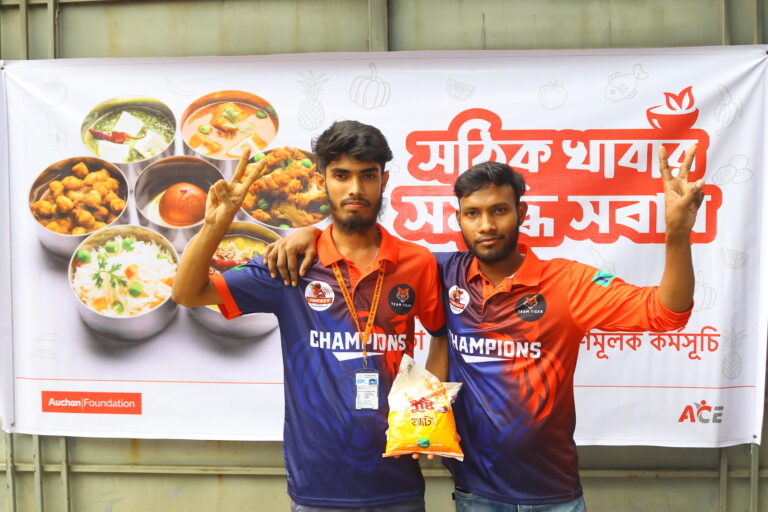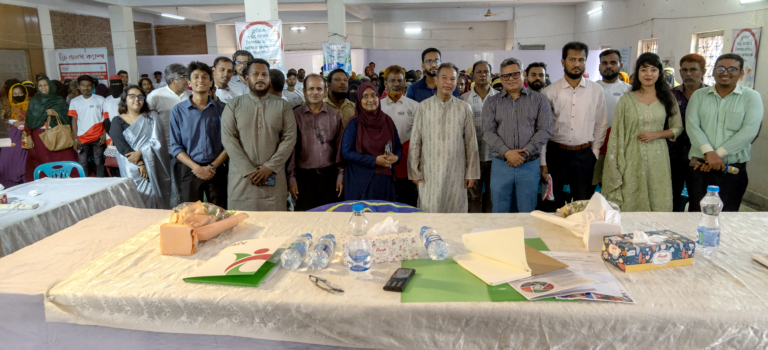A Life Cycle Approach is Needed to Safeguard the Women RMG Workers in Bangladesh
-Tanver Hossain
In Bangladesh, the Ready-made Garment (RMG) sector is a beacon of hope for millions of marginalized women. It is the highest export-earning sector in the country and serves as a model for many Asian and African nations to endorse the transformative power of women’s work. However, the sparkling has been dimming out with the continued decline of the proportion of women workers from 80 percent to about 54 percent as reported by a research initiative of BRAC University (2021). This declining trend will likely continue with the 4th Industrial Revolution (4IR) in the RMG sector, including automation, artificial intelligence, 3D printing, robots, intelligent manufacturing, etc.
As a major employer of women workers, the RMG sector significantly and positively impacts the economic, social, and psychological empowerment of women workers in Bangladesh. Access to employment opportunities has enabled them to challenge economic and societal restrictions. So, the declining proportion of women workers in the RMG sector will have significant implications for women’s economic empowerment and the well-being of their families and communities. Women workers are already more vulnerable because of gender inequalities in the distribution of income, access to productive inputs such as credit, command over property, or control over earned income, as well as gender biases in labor markets and the social exclusion that women RMG workers experience in everyday life.
A recent study by Ethical Trading Initiative Bangladesh reported that the main mediating factors for women workers leaving the garment industry are caring for children followed by pregnancy and discrimination for being pregnant, age appropriateness, difficulty in balancing work and home responsibilities, and unfavorable working conditions, including harassment, violence, long working hours, and low salaries.
Women RMG workers have been impacted inversely by a complex and multidimensional phenomenon resulting from structural imbalances in all realms of life – the state, the society, the economy, the culture, and the environment at home and in the workplace. These marginalized women are disproportionately represented with a larger share of family and domestic responsibilities and the existing inequalities in accessing education and training, as well as opportunities in the labour market and decision-making.
There are several recommendations and interventions suggested by the stakeholders and sector experts, which mainly emphasize creating a healthy work environment free from physical and verbal abuse; ensuring regular payment of salaries with bonuses and overtime payment; safeguarding women, including maternity leave as per government regulations, childcare, and breastfeeding rooms; providing healthcare facilities that meet the physical, sexual, and reproductive health needs of women workers. However, these patches of development intervention shall not be effective if no inclusive approach is taken to assess and respond to their whole life analytically and provide enduring solutions.
The RMG sector should take a long-term sustaining approach for women workers, and a life cycle approach may be helpful. The term ‘Life Cycle Approach’ and its tools are commonly used in the private and public sectors to stimulate and support the transition to a green economy. Conventionally, the life cycle approach is a product management system that helps enterprises minimize the environmental and social burdens associated with their product or product portfolio during its entire life cycle. These have been developed to assist in product development, production, procurement, and final disposal decision-making.
The life cycle approaches and methodologies could provide a conceptual basis for sustaining the women workers in the RMG sector. Many approaches, programmes, and activities in the life cycle thinking basket can be used in all industries and offer a range of critical impacts with the ultimate effects of sustainability.
Achieving sustainability in the RMG sector requires a life cycle approach in shaping community capabilities with the participation of all actors in the community through social protection. Social protection activities are essential to realizing tangible and intangible social and economic situations, poverty, unsustainable employment patterns, empowerment, injustice, and failure to manage the challenges and various complexities of problems associated with women and girls.
A life cycle approach would consider the entire life cycle of a woman worker, from her employment, salaries, mobility, improved housing conditions, quality meals, healthcare, maternal health services, childcare and education facilities, social security, and end-of-service-life benefits. This inventory also includes all direct and indirect processes and activities in the RMG industry, such as early retirement, lack of upskilling, gender inequality, the well-being of individual household members, and provision of alternatives to facing an uncertain future.
Investing in systematic improvement in social protection through a life cycle approach can improve women’s ability to empower themselves from risk and vulnerability situations. Social protection with a community-based approach will provide an opportunity for women to enhance their ability to deal with conditions of poverty and inadequacy due to social and economic barriers. In particular, the life cycle approach will increase women workers’ abilities to make and influence choices that affect their lives to ensure the survival of their families.
Focusing on the concept of the Life Cycle Approach can unleash the root causes of the declining women workers and their symptoms. Mainstreaming a life cycle approach for RMG workers through social protection will require a national multisectoral action plan. Social security can strengthen gender equality in traditional socio-cultural norms with rapid economic and social changes. Like many other sectors, a life cycle approach will act as a comprehensive and systematic approach that enables stakeholders to understand and anticipate the life of women RMG workers. This means creating a shared vision and collective actions from the government, private sector, buyers’ communities, development partners, and civil societies to achieve sustainability in the RMG sector.




